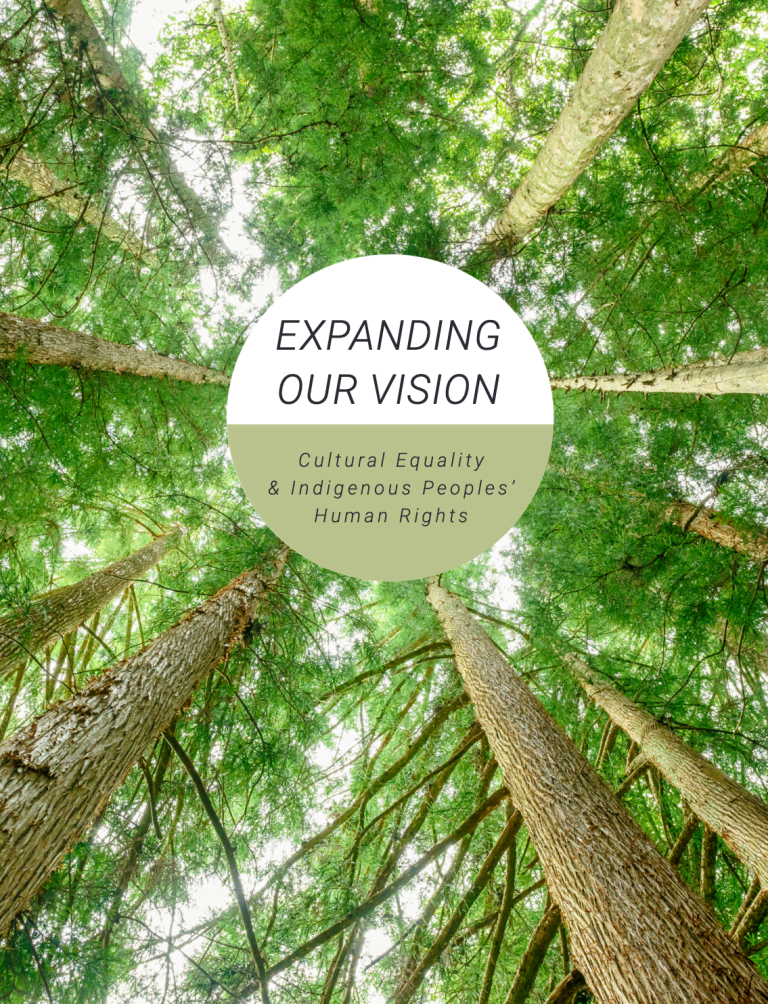5 search results
for
General public
Guiding recommendations
Recommendation 4: Create education materials and training:- For Indigenous Peoples, about the Code and BCHRT processes;
- Within the BCHRT, to develop cultural competency and safety among BCHRT staff and tribunal members;
- For the general public, through a proactive campaign to highlight specific areas of discrimination faced by Indigenous Peoples.
-
Category and theme:
Audience:
Groups affected:
Public outreach to Indigenous communities
Recommendation 17: Create a public education campaign for Indigenous Peoples which addresses human rights from an Indigenous perspective:- Make materials easily accessible at Band offices, Métis organizations, Friendship Centres, Indigenous political organizations, and universities.
- Emphasize cases where Indigenous individuals have successfully brought human rights claims.
-
Category and theme:
Audience:
Groups affected:
Micro-discriminations
Recommendation 20: The BCHRT, partnering with the Office of the Human Rights Commissioner, should create public education and awareness about micro-discriminations against Indigenous Peoples. The focus of the education would be to bring unconscious and pervasive bias to light so that it can be addressed.-
Category and theme:
Audience:
Groups affected:
Time limits
Recommendation 36: Provide public education for Indigenous Peoples that complaints should be filed at the same time that a complainant is pursuing internal or informal processes because the BCHRT time limits are strict.-
Category and theme:
Audience:
Groups affected:
Website
Recommendation 43: Develop a website using plain and easily accessible language to provide Indigenous Peoples with information and to guide them through stages of the application process. The website should feature case-based examples, specific to Indigenous Peoples; short videos to illustrate the BCHRT process; and a guide to help people through the BCHRT process.-
Category and theme:
Audience:
Groups affected:
